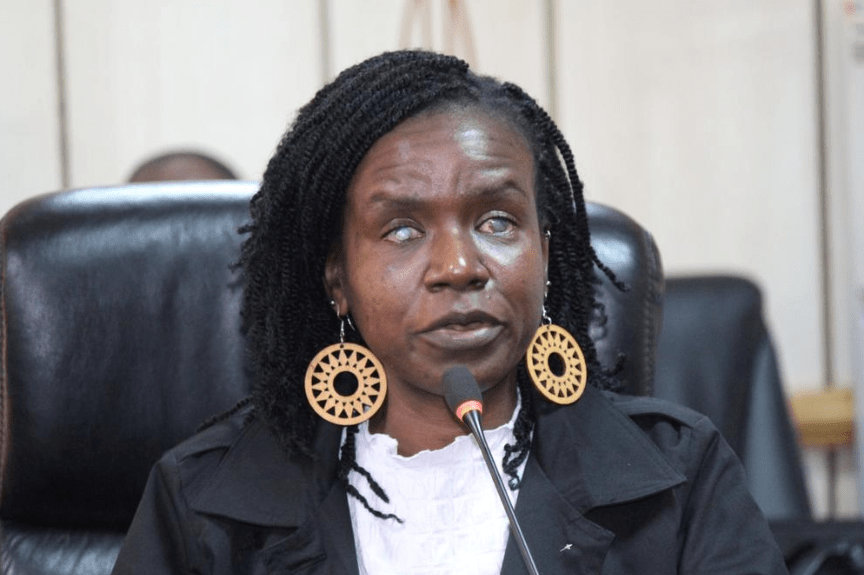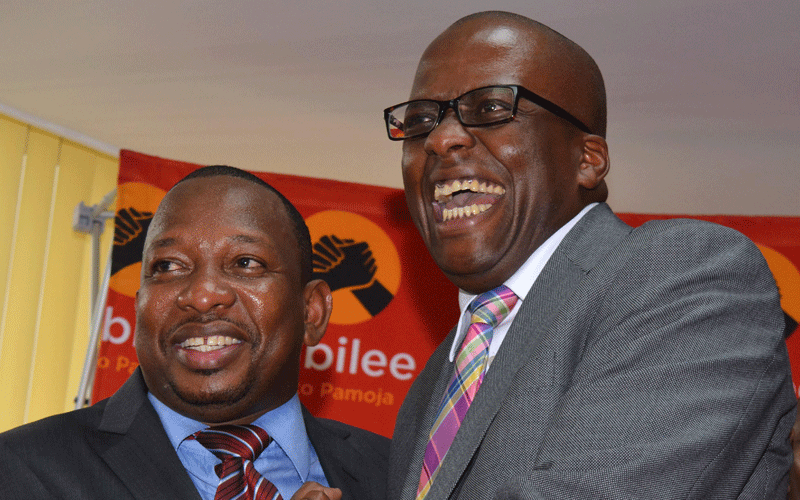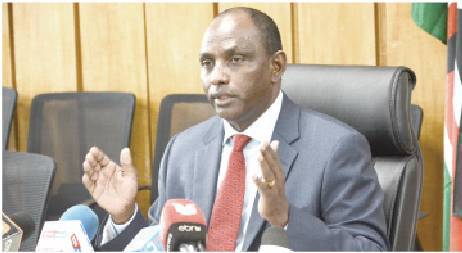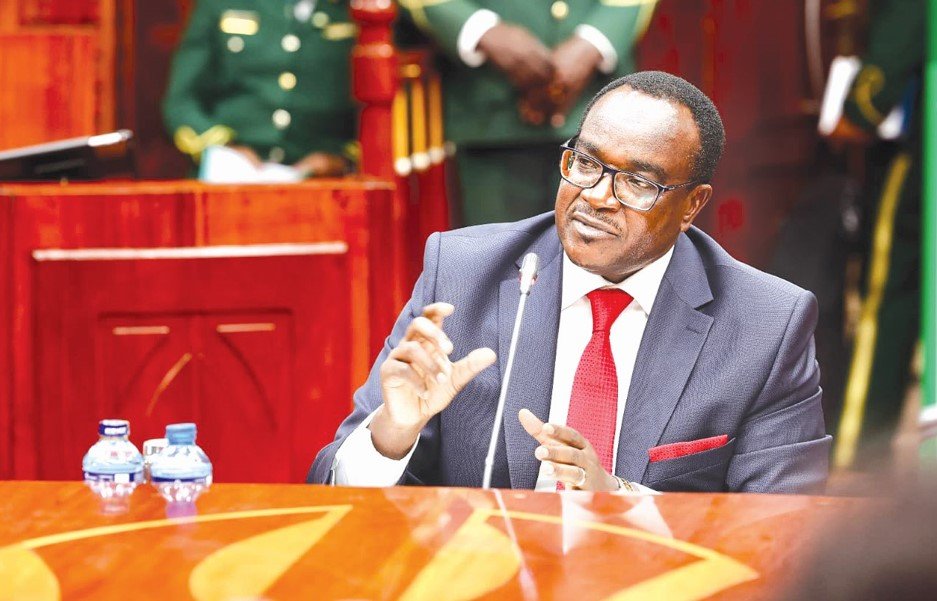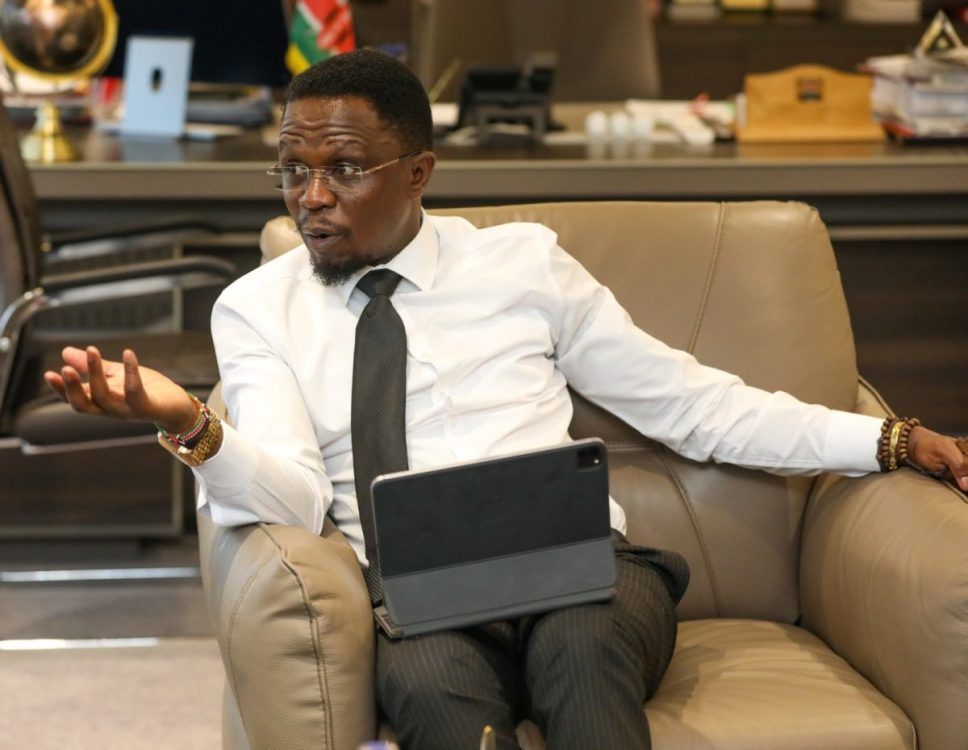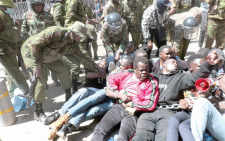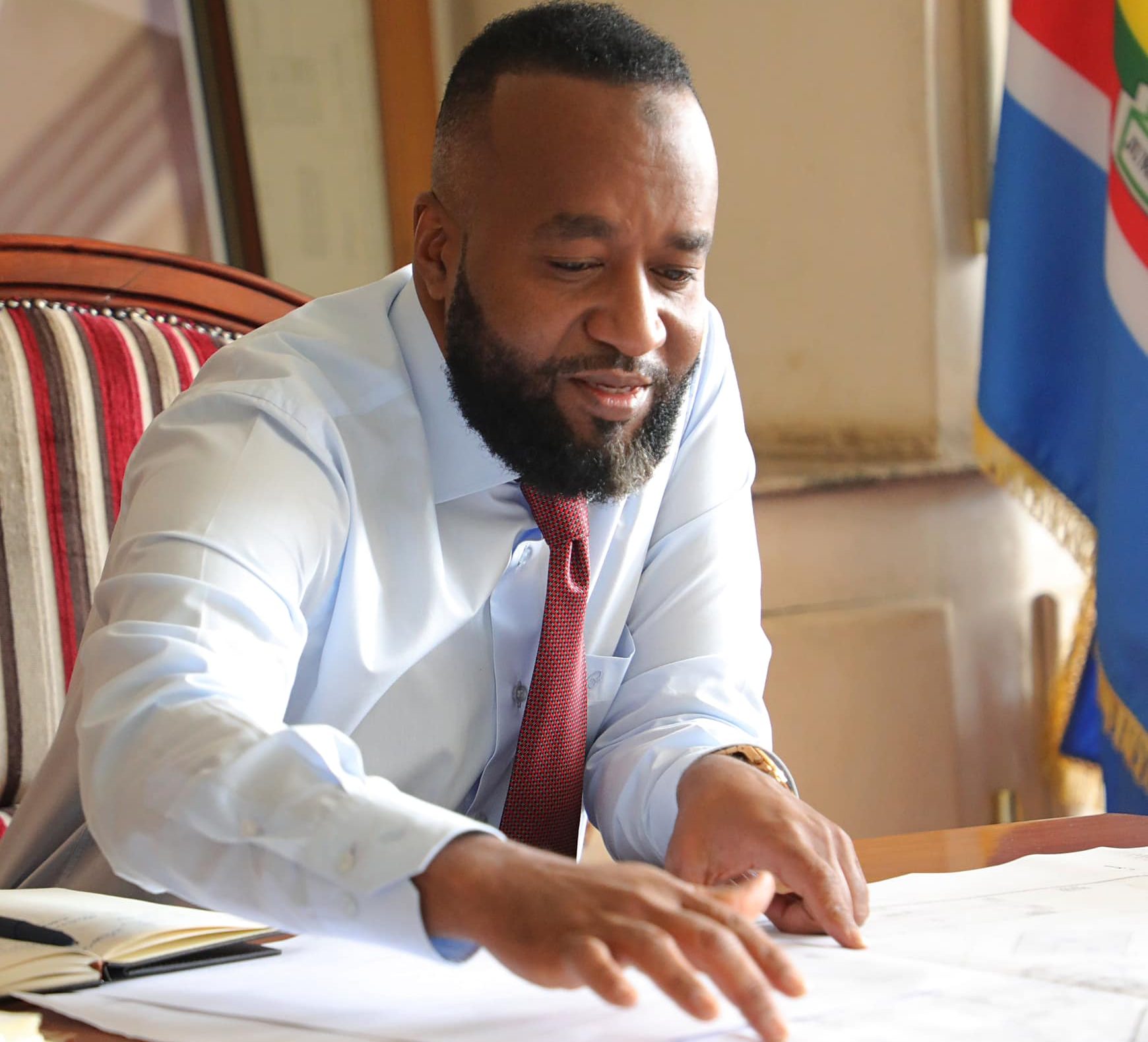No plebiscite mention in Yatani budget statement
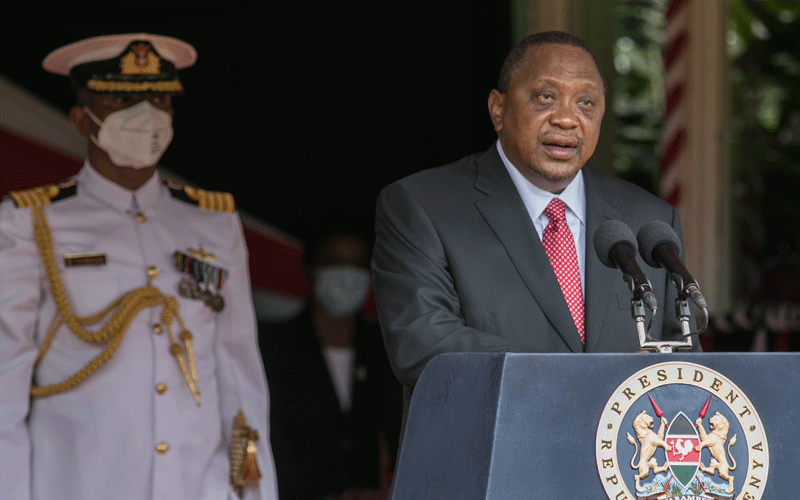
Eric Wainaina @EWainaina
The ominous cloud hovering over Kenya’s prospects of changing the 2010 Constitution darkened yesterday after National Treasury Cabinet Secretary Ukur Yatani failed to allocate cash for the anticipated vote.
President Uhuru Kenyatta, during this year’s Madaraka Day celebrations at State House a fortnight ago, said he was convinced that a review of the Constitution was inevitable, hinting at a possible referendum.
Uhuru said that 10 years after enacting the current document, he was fully persuaded that time was ripe to open it in order to ensure it addresses the challenges of the day.
“Ten years later, I am already discerning a constitutional moment. Not a moment to replace the 2010 Constitution but one to improve on it.
A moment that will right what we got wrong in 2010. But fundamentally, the constitutional moment I discern is one that will bring an end to the senseless cycles of violence we have experienced in every election since 1992,” the President said.
Timelines
But the decision by Yatani, who presented to Parliament a Sh3.2 trillion Budget for the 2020/2021 financial year, not to make any allocation, left open the debate as to whether the referendum supported by Uhuru and opposition chief Raila Odinga will happen before July 30, 2021.
However, the government has an option of making changes in the Budget through a supplementary one within the course of the financial year to introduce a new vote head should need arise.
Reacting to concerns that a referendum cannot happen unless there is a specific allocation for it, Kitui Central Member of Parliament Makali Mulu, a member of the Budget and Appropriation Committee, recently argued that Treasury can still release money for the plebiscite even if it is not factored in the Budget.
“The law allows Treasury to spend and then come to Parliament for regularisation. Money can be spent on a plebiscite and then the CS comes to Parliament for the expenditure to be regularised,” he explained.
Independent Electoral and Boundaries Commission chairman Wafula Chebukati is on record saying the commission will require Sh12 billion for a referendum.
Executive structure
Last week, Senate Majority Whip and Murang’a Senator Irungu Kang’ata, a proponent of the referendum, was optimistic that funds would be made available for the vote likely to revolve around changes proposed to the structure of the Executive under the Building Bridges Initiative (BBI) spearheaded by Uhuru and Raila.
“A referendum will happen. The Budget set to be unveiled will set aside money for that,” Kang’ata told journalists days before yesterday’s Budget.
The BBI, which is a product of the March 9, 2018 Handshake between the President and Raila, has recommended far-reaching changes on the Constitution such as the expansion of the Executive which requires a referendum.
To back his argument that the country is already on a Constitutional moment, Uhuru, during the Madaraka celebrations, said if certain sections of the Constitution outlive their historical purposes, they become “a cancer” that must be done away with wrest they infect the good elements of the mother law.
Competition for presidency, desire for inclusion in the governance at the top levels, political mobilisation around ethnic groups and competition for resources, emerged as the greatest contributors to divisive and violent elections that rock the country every five years.
During hearings by the BBI technical team, Kenyans, according to the report, blamed the winner-take-all-system with the divisive elections saying presidential contests “have taken the quality of a do-or-die affair” and rigging becomes part of the plot.
The remedy, according to the BBI task force, should include creating the position of a Prime Minister with two deputies.
